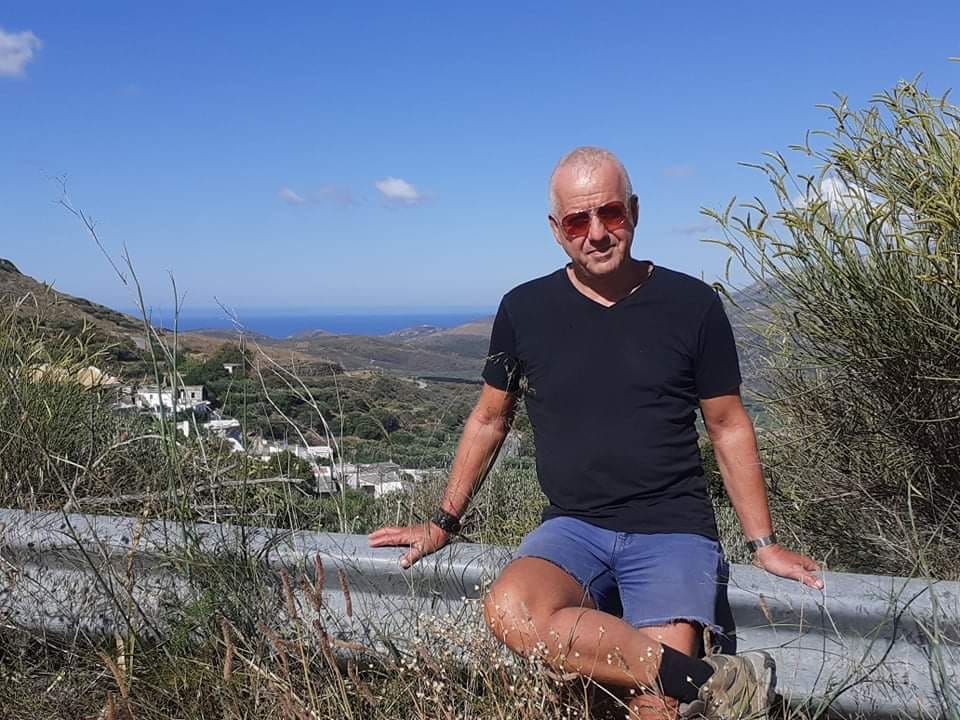
As a child, in my teens and through to my twenties and early thirties, I was an avid reader of science fiction and fantasy. I used to alternate between the library and a second hand bookstore to get my supply and, being a bit anal about such things, recorded all this. In those years I was reading on average ten books a month. There wasn’t much selectivity there since my aim was that sensawunda fix, but things changed over the years – I changed. I read outside of SFF, I wrote more, I got on with a life outside of reading, and I steadily read fewer and fewer books. I think this is a natural progression. To the youthful avid reader everything you find in books is new and shiny and, of course, at that age you have more time for it. Then life and a degree of ennui get in the way. You find repetition in books of themes, characters, story lines and all. But that doesn’t stop you reading, it just tends to make you choosy. Things would have continued like this with me had something else not happened. I would have continued to read fiction books but more selectively until I turned my toes up. However, I got published by Macmillan in 2000 and, within a year or so, became a full time writer.
My reading continued as before for a number of years, but the ‘getting published’ is the start of a steep learning curve. Though I am still what is described as a ‘seat of the pants’ writer i.e. I don’t plan much and writing a book for me is as much an exploration as reading one is for others, I began to really learn the profession. I began to see the bones of books, the sinews and essential organs. I could see how things worked, or didn’t work. One upshot of this I began to see that in the fiction of others too. I would often know where the story was going. I would see the holes and think ‘I wouldn’t have done that’ which applied even down to the choice of a single word. As this perception first began to kick in I called it having my ‘editing head’ on (hat tip to Wurzel Gummidge), as it was more intense when I was editing something, or just after.
During this period I went by the dictum of ‘paying it forward’ and read stuff yet to be published by others. In every case, when I’ve spent my time with an editing pencil because the writer concerned wanted my opinion good or bad, the response was mostly lacklustre. They didn’t want help; they wanted praise. As I became well known, I also read ARCs of books by big publishers, enjoyed some and provided jacket quotes. Notable examples are Blindsight by Peter Watts and The Blade Itself by Joe Abercrombie, but exceptions like them to my growing response of shrug and toss it aside were becoming rarer. Recently I tried reading books I always loved in the past and found myself giving up when hitting a continuity error, excess verbiage, silly plot twists – bad writing. I also recently tried a batch of new fiction to be very often baffled about how the books even got published.
Now, after more than thirty books, numerous short stories and novellas totalling over three million published words, I’m finding it very difficult to switch my editing head off. Which brings me to the point of this post: I am no longer a ‘normal’ reader and I don’t read or enjoy very much fiction at all anymore. This is why, when other writers now come to me with a reading request and possible jacket quote, I refuse. You guys, who want comments on your books, need to look elsewhere. You don’t want me reading your book; you want the bright-eyed SFF reader I was forty years ago. So sorry: don’t ask.
The same happened me when I started producing music. I couldn’t listen to a dance track as a hole, instead I was dismantling every beat in my head. It also ruined my going out experience. As a dj I would be listening to every mix analysing it in my head, instead of just having a good time. If the dj fucked up a mix I’d notice and it somehow effected my night. I felt I became a musical snob.
So that’s what it’s like to be a writer.
I can understand how it came about, same as the muso in the other comment.
One of the down turns of getting ahead in your chosen field.
A thoughtful post.
I think this is an issue for all Professionals, as you become more experienced and knowledgeable then you can become less tolerant of your “juniors” and some of the joy and excitement associated with your work fades as it becomes routine. As an Engineer specialising in how thing break I possibly have the advantage that the real world keeps injecting novelty into my bubble. You think you know it all then steel eating bugs pop up and you can never under-estimate the human factor. I have been using my e-reader to access old out of print books, not just Science Fiction and found this completely refreshing. The stories are often unpolished by modern standards and sometimes the premise can be ridiculous but the subject matter arising from the 1950s is often more imaginative and eye opening than some of the dreary depressing modern works I have come across (Not you Neil, your books got me through a difficult time in 2018).